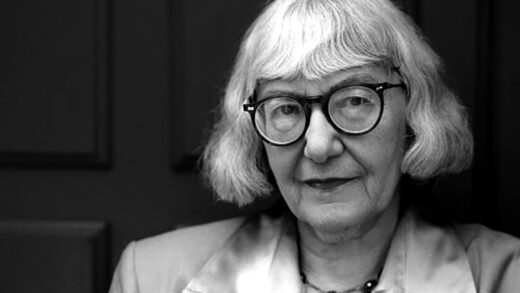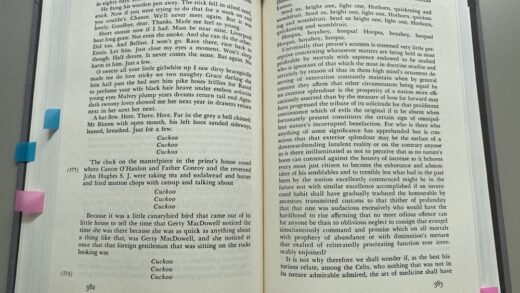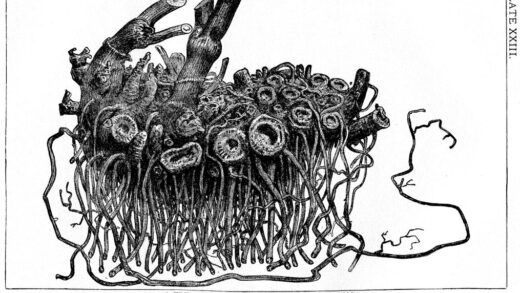The 2018 film Night Hunter stars Henry Cavill, Alexandra Daddario, and Ben Kingsley with appearances of none other than Stanley Tucci and Nathan Fillion. The film was written and directed by a certain David Raymond, who, in the opinion of this critic, desperately needs to have his auteur credentials revoked.
The film follows police searching a killer who’s been holding women in captivity before killing them. Cavill plays the lead detective, recently separated from his wife. Daddario plays a police profiler (?) who had apparently counseled Cavill’s character and is then called in to interrogate the killer once he’s caught. Neither of the preceding are terribly believable.
The film is essentially a serial killer film in which we have trouble believing that the killer is capable of what he’s been arrested for, with more than a couple of twists in the narrative. Kingsley plays a former judge who retired the bench after the killing of his wife and daughter and has now taken up castrating sexual predators that he entraps.
It is sad to see Ben Kingsley in this film, for this is the man who helped make Gandhi (1982) so successful, as well as contributed excellent performances in films like Sexy Beast (2000) [one of my favorite films], Schindler’s List (1993), and Roman Polanski’s Death and the Maiden (1994). The Night Hunter is beneath the dignity of this talented thespian.
Why is Night Hunter so bad?
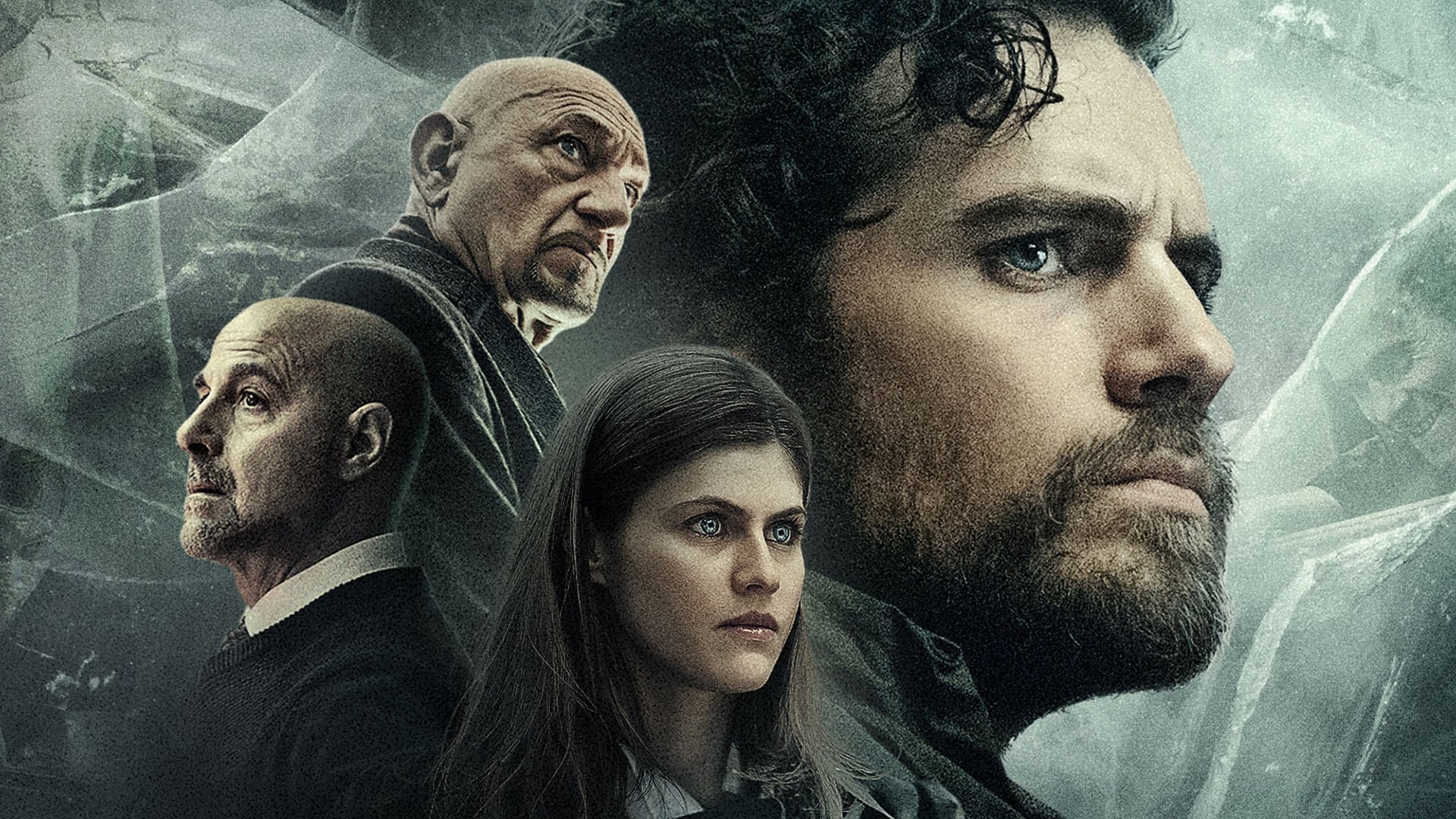
Casting Henry Cavill and Alexandra Daddario were cynical choices. Cavill’s character needs to be haunted. He’s the father of a daughter that is about to be prey for the types of sexual predators that he pursues, yet one never senses that anxiety until at least three-quarters of the way through the film. To be fair, this is not Cavill’s fault. The scenario doesn’t provide the opportunity. But as well, Cavill is a hulking figure whose bodily presence cannot fit with his character.
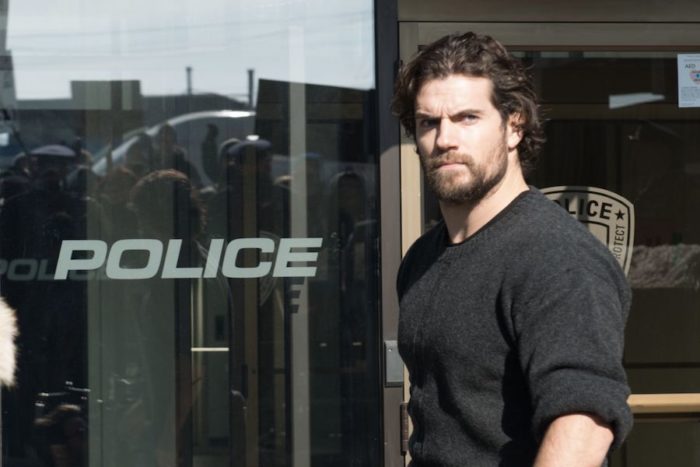
Casting Daddario, however, was pure cynicism, the likes of the choice of Sarah Palin as a running mate for John McCain. She’s pure eyecandy without the slightest possibility of becoming the profiler she plays. It’s never clear why she’s been chosen to interrogate the killer, other than the fact that this will allow her to be within range of Cavill’s character and excite imaginations with the possibilities of these two bodies encountering one another.
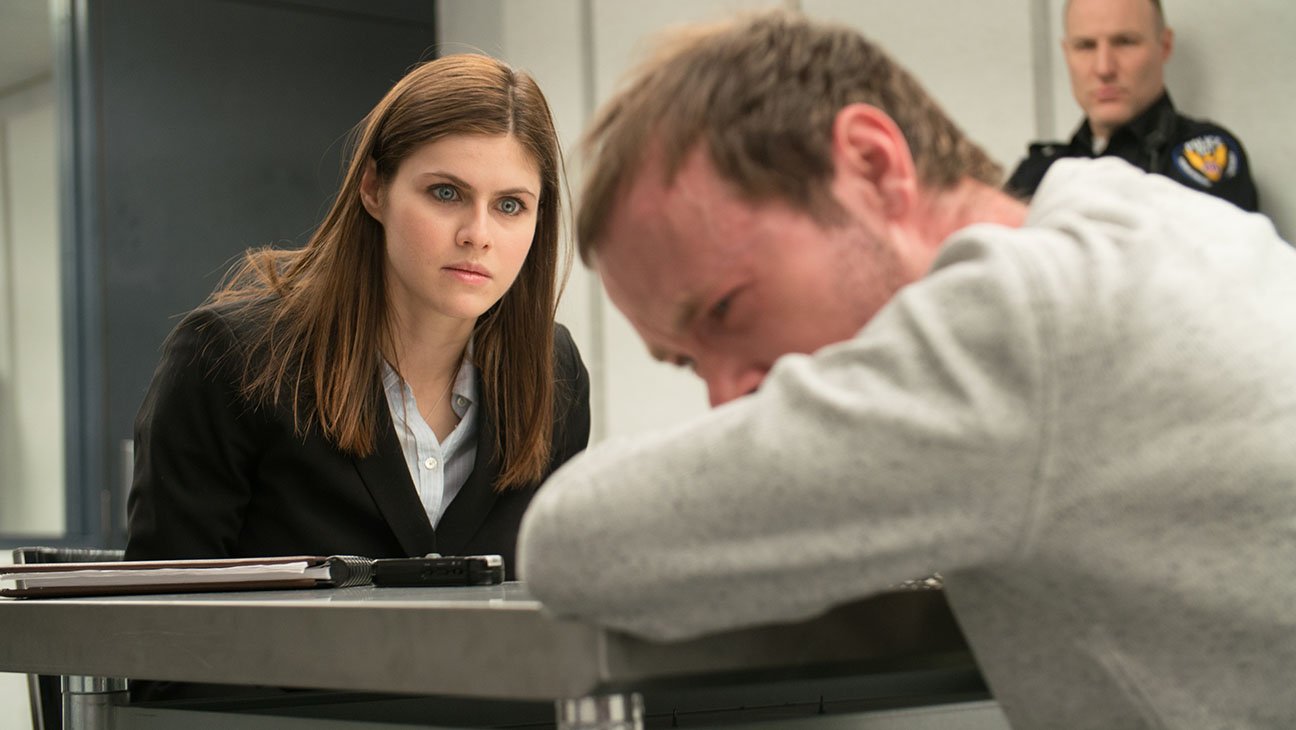
The film falls apart once six police searching the killer’s residence are killed, then followed by the killing of a police hacker (Nathan Fillion). Followed by permitting the suspect to escape. Followed by permitting the suspect to speak to the public. Followed by a ferrying of the suspect to some location from which he escapes again.
Why is Night of the Hunter (1955) so good?
Let me count the ways.
First, it’s directed by Charles Laughton.
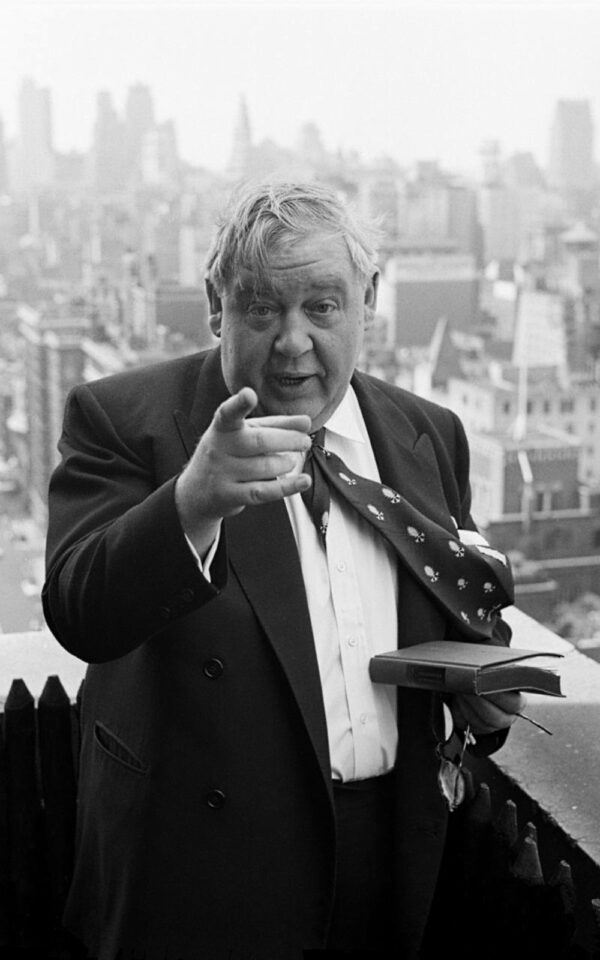
A figure so fundamental to the history of film that it’s hard to adequately express. Laughton was primarily an actor and was in so many vital films, such as:
- Private Life of Henry VIII (1933)
- Ruggles of Red Gap (1935)
- Mutiny on the Bounty (1935)
- Jamaica Inn (1939)
- The Hunchback of Notre Dame (1939)
- Captain Kidd (1945)
- The Paradine Case (1947)
- Hobson’s Choice (1954)
- Witness for the Prosecution (1957)
- Spartacus (1960)
- Advise and Consent (1962)
Equally, he worked with almost every important director in the history of film, including, Alfred Hitchcock, Otto Preminger, Billy Wilder, David Lean, William Dieterle, King Vidor, Robert Siodmak, Jules Dassin, Jean Renoir!, Leo McCarey, Alexander Korda, Cecil B. Fucking DeMille!!.
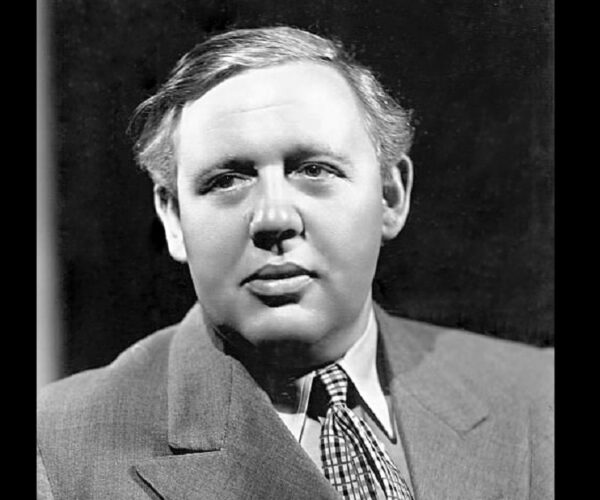
This list is important because it’s a list of people who trained him both as an actor and eventually as the director he was for Night of the Hunter.
Did I mention that he collaborated to translate Bertholt Brecht‘s play Galileo!
Second, it eschews realism for expressionism.
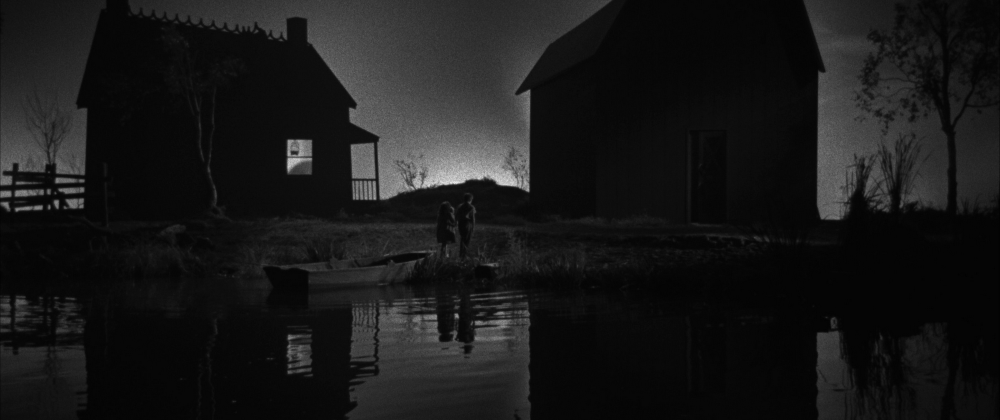
Night of the Hunter is a horror film, I suppose, although I wonder if horror films can traffic in expressionism. It’s a horror film because it follows a maniacal minister who kills children and women for his pleasure and gain.
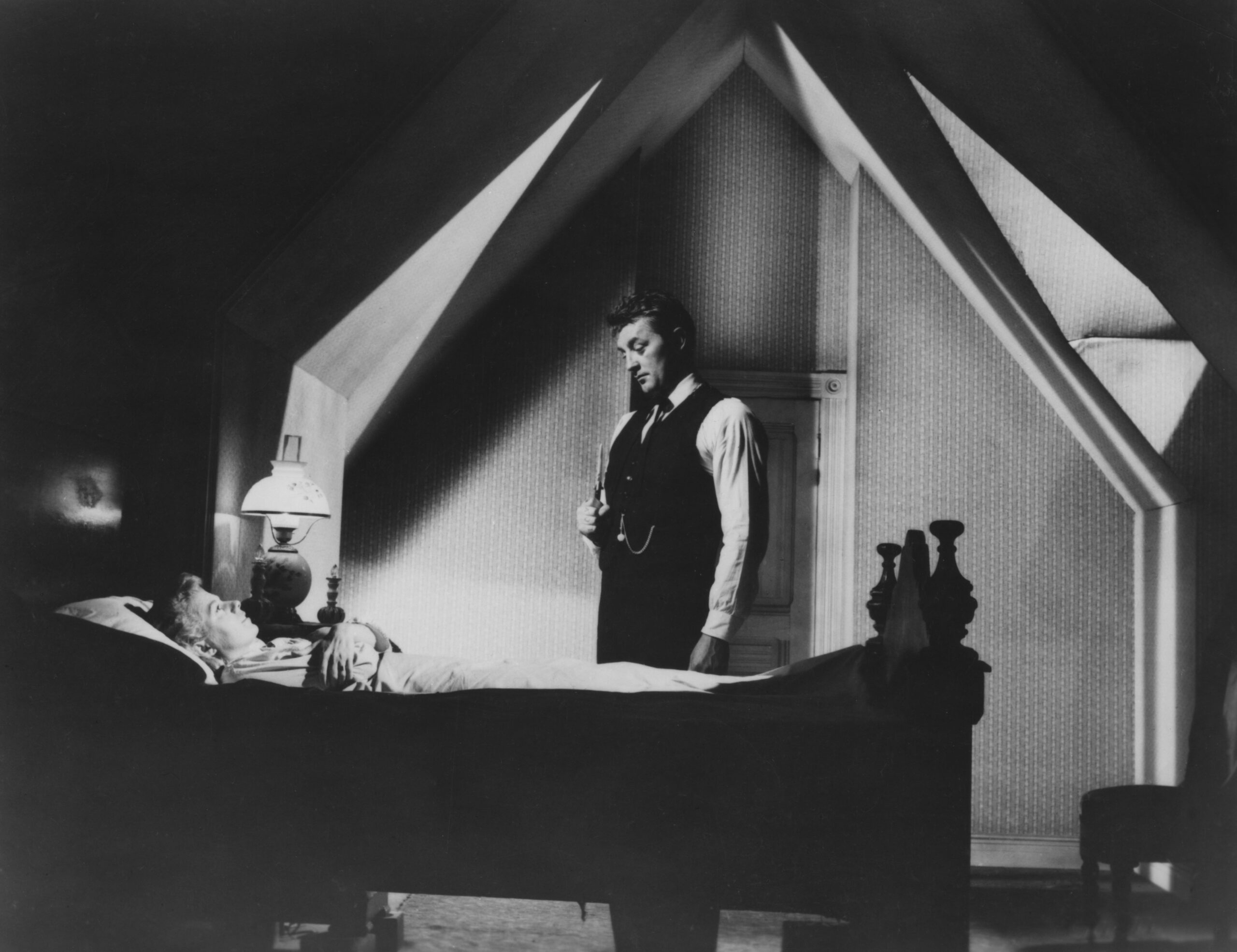
Yet this description isn’t really adequate. I’d say it’s more an allegory than a horror film. The latter seems like a category mistake.
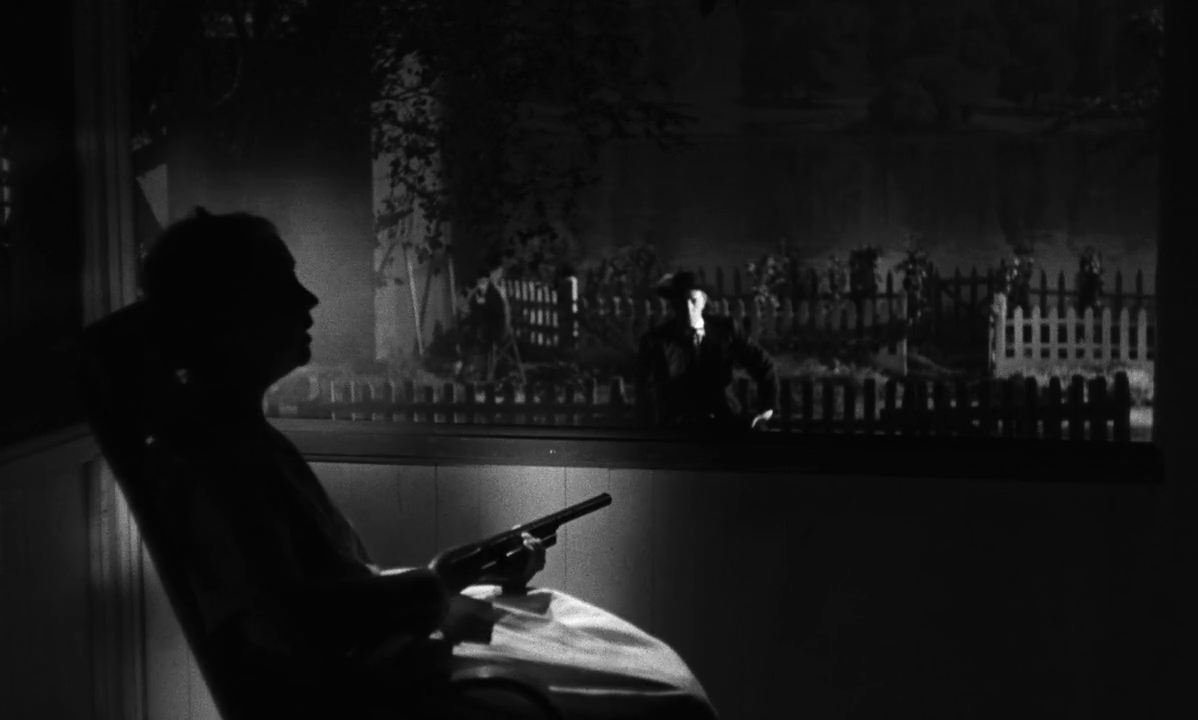
It employs scenes that are expressly constructed, hollow, with more concern with symmetry and image than anything else. And to wonderful, incredible effect.
Third, Robert Mitchum plays the lead character.
Robert Mitchum is to the silver age of Hollywood what Charles Laughton is to the history of film. An actor that played in so many vital roles, working with all of the most talented directors and actors, yet only a little more well known than Charles Laughton. If you ask a millenial who either of them are, I suspect his or her expression would be confused.
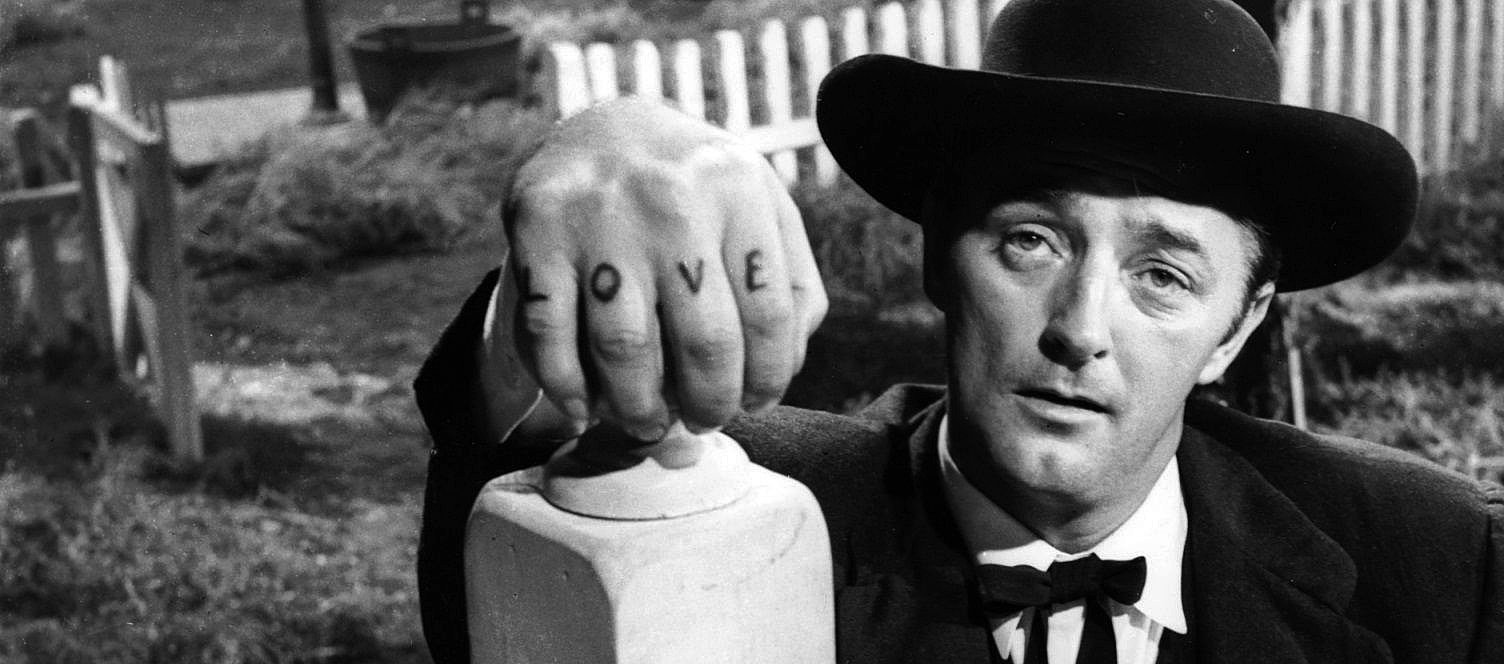
But Robert Mitchum was perfect for this role, precisely because of the undecidability of his moral character in so many of his films. He can play the hero just as well as he can the antagonist. Here he’s the antagonist.

